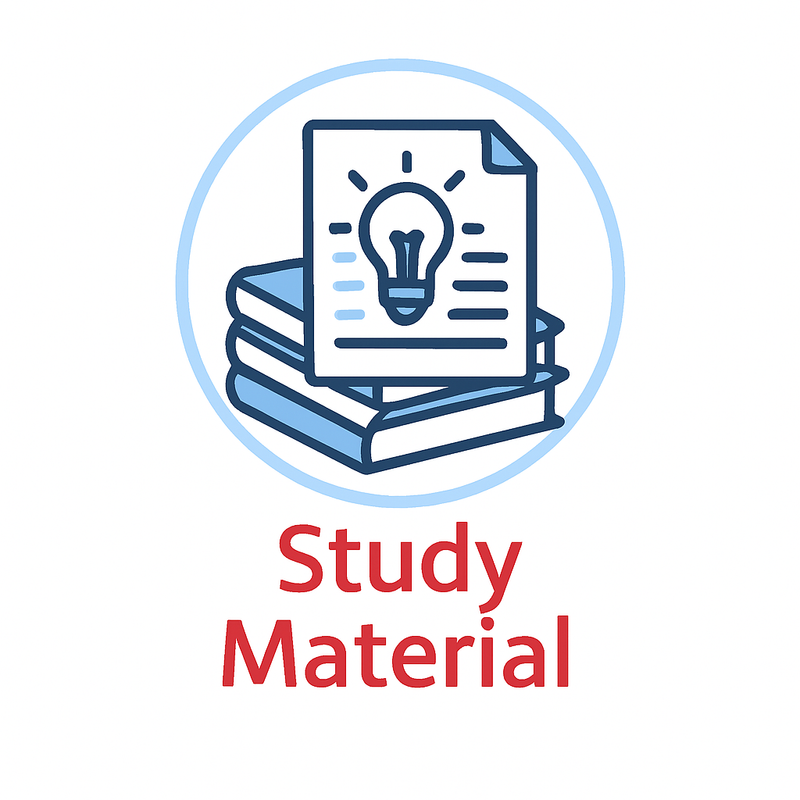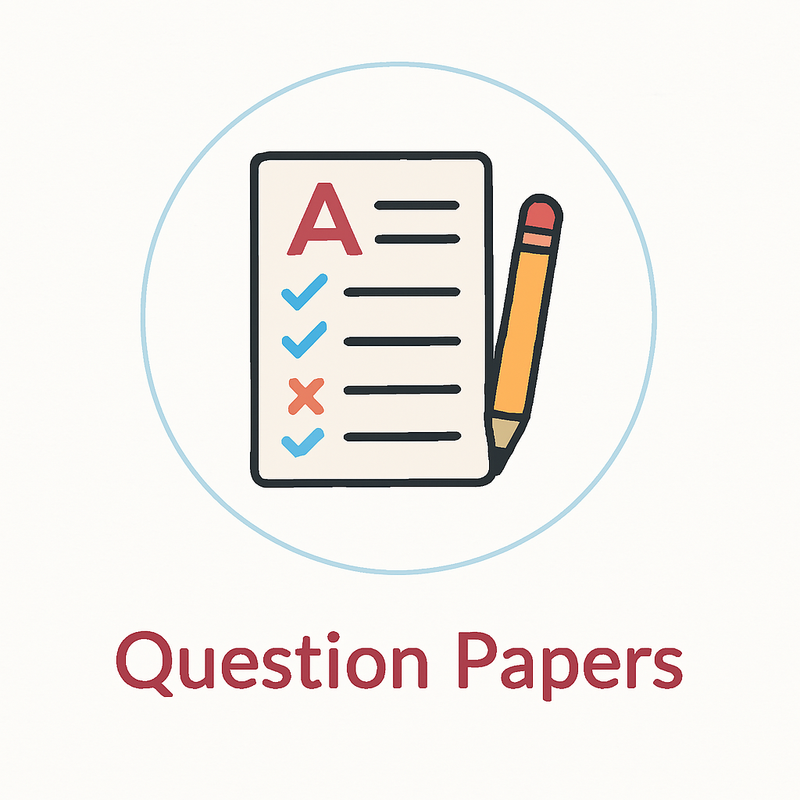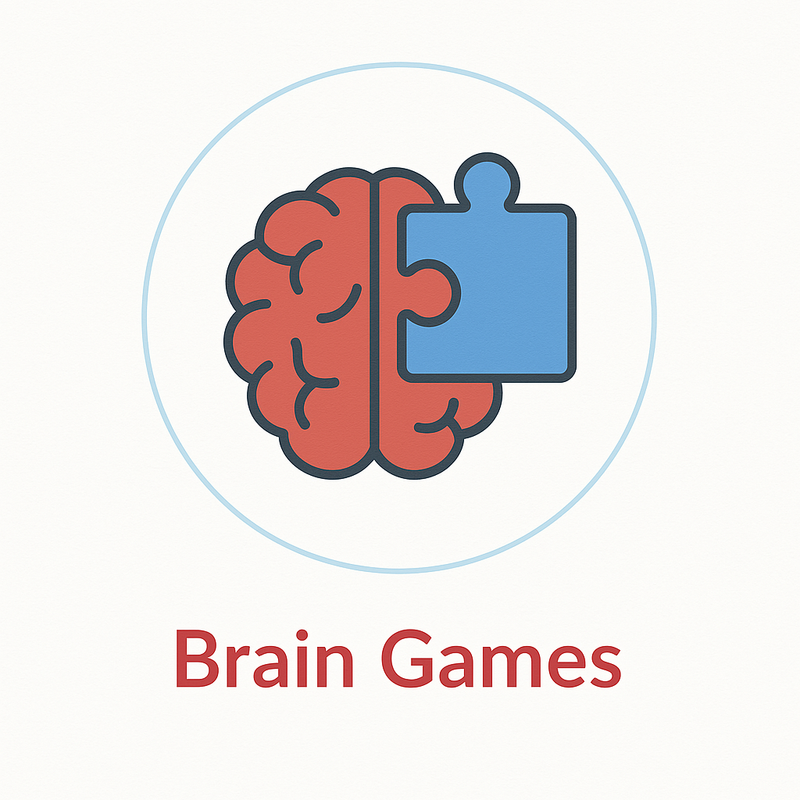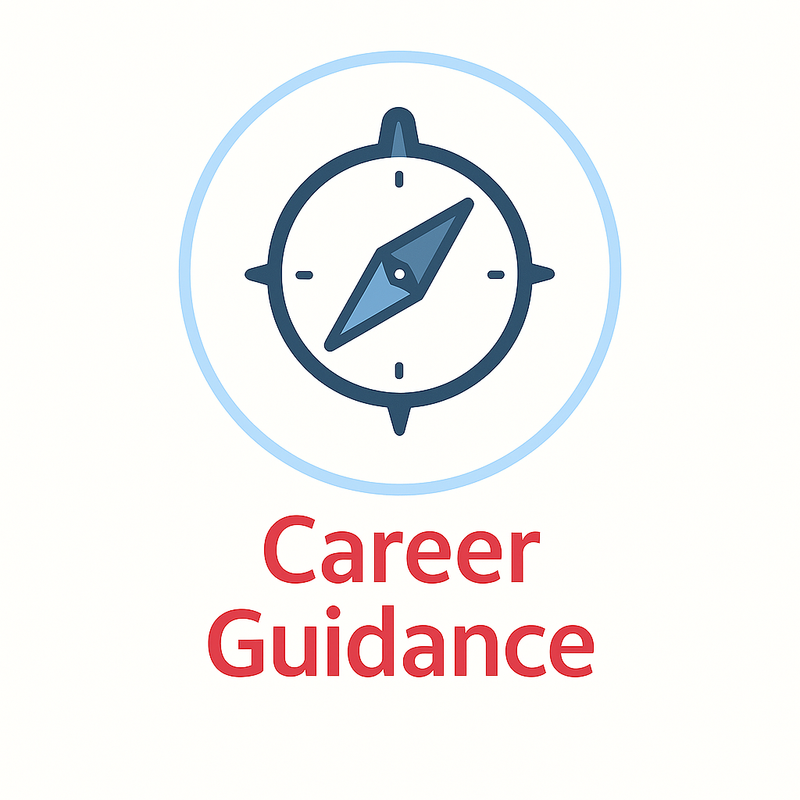EXAM TIPS
Exams
can feel overwhelming, especially when time is short. But remember: your hard
work all year matters more than you think. Even with last-minute preparation,
you can turn your efforts into great results if you stay focused and positive.
You have studied for months, those notes, class discussions, and practice tests
are all in your brain. Last-minute revision is just about polishing what’s
already there. Avoid cramming new topics. Instead, revise key formulas, dates,
and diagrams you’ve already practiced. By following these last minute exam
tips, you can effectively manage your time, improve retention, and boost your
confidence. Success in board exams is not about studying harder but studying
smarter.
Do's
Ø Prioritize
high-weightage topics: Use past papers to identify chapters with the most
marks.
Ø Create
a revision timetable: Allocate more time to subjects you find tough.
Ø Use
cheat sheets: Summarize formulas, dates, and diagrams for quick review.
Ø Revise
definitions with important terms in Science and Social Science often carry 1-2
marks.
Ø Weak
areas: Spend 30% of your time on topics you find tough.
Ø Quick
revisions: Use bullet points, sticky notes, or notes to remember formulas,
dates, or definitions.
Ø Solve
1-2 sample papers daily: Set a timer to mimic exam conditions.
Ø Review
mistakes: Keep a notebook for errors and revise them before exams.
Ø Master
MCQs: Objective questions are quick to revise and carry high weight.
Ø Practicing
past papers will help you understand the exam pattern and common question
types. This will also improve your speed and accuracy. Try solving at least one
paper daily to track your progress.
Dont’s
Ø Many
students lose marks due to simple errors. Read papers thoroughly before
submitting.
Ø Use
Real Feel Sample Papers to analyze common mistakes and how to avoid them.
Ø Stay
focused and write clean answers in your paper.
Ø Avoid
spending too much time on a single question.
Ø Read
every question twice before answering to prevent misinterpretation.
Ø Ensure
correct units and labels in numerical problems.
Ø Stick
to word limits to avoid unnecessary deductions.
LAST MINUTE TIPS
1.
Create a Realistic Study Plan
Starting with managing and breaking down
your study material into smaller pieces to manage easily. Preparing a detailed
study plan will help you in preparation, rather than cramming everything at the
last minute. Start prioritizing subjects based on your strengths and weaknesses
and allocate the time accordingly. By following a schedule you form for
yourself, you will reduce uncertainty and gain control over preparation.
2.
Take Regular Breaks
Studying for long hours might seem
productive, but it can cause burnout and will reduce retention. Make a
strategic technique: Study for 30 minutes, then take a 10- minute break. After
four sessions of continuing this take a long break of 25-30 minutes. In between
these breaks, step away from your study space, stretch, walk, or do something
you enjoy. It will help you clear your mind, reduce anxiety, and boost overall
productivity.
3.
Focus on Sleep and Rest
Sleep is essential for relaxing your mind
and body. Lack of sleep can affect focus, concentration, and decision
making, all of which are really crucial during exams. Aim for 7-8 hours of
quality sleep every night. Please try to follow a regular sleep routine, avoid
screen time 30-60 minutes before going to bed, and practice relaxation
techniques like reading or meditating to wind down.
4.
Eat Well, Stay Hydrated
Your brain needs rest and relaxation to
perform the best. A balanced diet rich in fruits, vegetables, protein, and
healthy fats supports brain function. Includes foods like nuts, eggs, fish, and
greens, which are known to boost memory and concentration. Avoid excessive
caffeine or sugar snacks, as it can lead you to an energy crash and can
increase anxiety. Drink enough water as it helps you stay alert and maintain
focus.
5.
Practice Mindfulness and Meditation
Practicing mindfulness like breathing
exercises, meditation, or yoga that are incredibly beneficial for reducing
stress. Take 15-20 minutes each day to practice mindfulness. It can help you
calm a racing heart, take less stress and bring you back to the present moment.
Regular practice can improve your ability to focus, manage anxiety, and
maintain emotional balance.
6.
Avoid Comparisons
Stop comparing yourself to others this
will stress you out. Each student has their own way of studying and everyone
has different strengths and weaknesses. Comparing your progress to others that
can cause unnecessary stress and self-doubt. Instead, start focusing on your
growth and celebrate your small achievements.
7.
Stay Positive with Affirmations
Positive mindset can make a huge
difference in how you take or approach your exams. Reminding your strength and
success everyday for feeling motivated. Use affirmations like “I am prepared,”
“I am capable,” or “I will do my best.” These are very small but powerful
statements that help you build confidence and combat negative thoughts and
fears about failing.
8.
Engage in Physical Activity
Exercise is one of the best ways to remove
your stress. Whether it’s a walk or yoga and physical activity helps release
endorphins– naturally boost your mood. It also improves circulation and reduces
the physical effect of stress, such as muscle tension. Even after a tight
schedule, squeeze in a 20-minute workout or stretching session. That will clear
your mind, refresh you, and improve focus.
9.
Stay Connected with Supportive People
It’s crucial to surround yourself with
supportive friends and family during exam preparation. They can provide
emotional support, encouragement, and reassurance. Share your concerns or
anxieties with them. Talking about your feelings can help relieve pressure and
give you a sense of perspective. At the same time, avoid negative influences or
people who might add to your stress.
10.
Limit Social Media and Distractions
In today’s digital age, Social Media
can be a major source of distraction and anxiety. You may find yourself
endlessly scrolling or comparing your progress with others online. Set
boundaries on social media use, particularly as the exam day approaches. Use
apps or timers to restrict your time online, and focus on your studies. You’ll
feel more in control and less likely to get side tracked or overwhelmed.
WISH YOU ALL THE SUCCESS






























No comments:
Post a Comment
Thank you